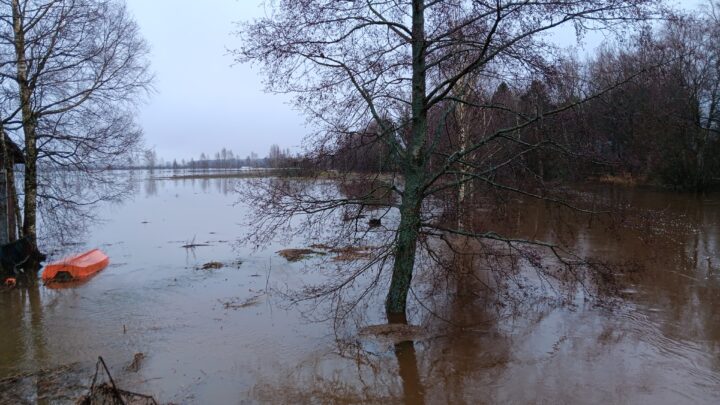Call for papers
The northern location of the Baltic Sea region is reflected in its nature and culture. Most of Europe’s forests, bogs and lakes are located in this region as a legacy of the Ice Age. Sweden, Finland, Estonia and Latvia are among the most forested countries on the continent. All of Europe’s great lakes are located in the Baltic Sea basin. An overwhelming majority of bogs and mires are also found here.
Compared to other seas, the Baltic Sea is Europe’s only sea par excellence, as it is located entirely within the continent. Darkness, ice, snow and frost are still common in all the countries surrounding our common sea. In fact, northern natures and societies are characterized by four seasons, to the extent that one should speak of four natures and four societies. However, heavy industrialization and urbanization in the North have also affected environments and societies. But how deeply has the industrial era really affected northern nature and the Baltic environment, and thus its societies and cultures? How well or poorly have we been able to protect its natural amenities? And how should we take into account historical and cultural issues in order to restore our fragile northern natures in the future?
The BALTEHUMS conference invites all environment-inspired scholars from different humanities, social sciences and art disciplines in the wider Baltic region to join us in the City of Pori, the northern San Francisco on the Finnish West Coast, of for a three-day conversation about how environmental humanities and social sciences should be done in the area, what are the urgent topics today, and how classical concepts such as Anthropocene, environmentalism, or environmental memory apply to our geographical and historical realities.
BALTEHUMS IV will be as wide and inclusive event as the previous conferences in the series. It aims to bring together researchers from different backgrounds and discuss common themes, advance a Baltic network of interdisciplinary studies on environment, and discover ways of developing further cooperation in research, teaching, and outreach.
To remain true to the field’s principles of intellectual curiosity, we do not put limits to the topics of the proposals, as long as they concern the wider Baltic region and its environment. We welcome presentations on climate, seasons, weather, landscape, pollution, waters, recycling, power plants, literary or art representations of nature, human-animal interaction, environmental ethics or philosophy and other environmental themes in the Baltic region. Particularly welcome are contributions that investigate the industrial Anthropocene as well as the present of environmental protection and future trends in the region.
We welcome contributions in all recognized academic formats (15-20 min presentations; posters, roundtables) but even sessions in alternative formats or ideas for networking events. Submissions including a 300-word abstract and author data for all articles should be submitted through the digital platform by May 15, 2024.
